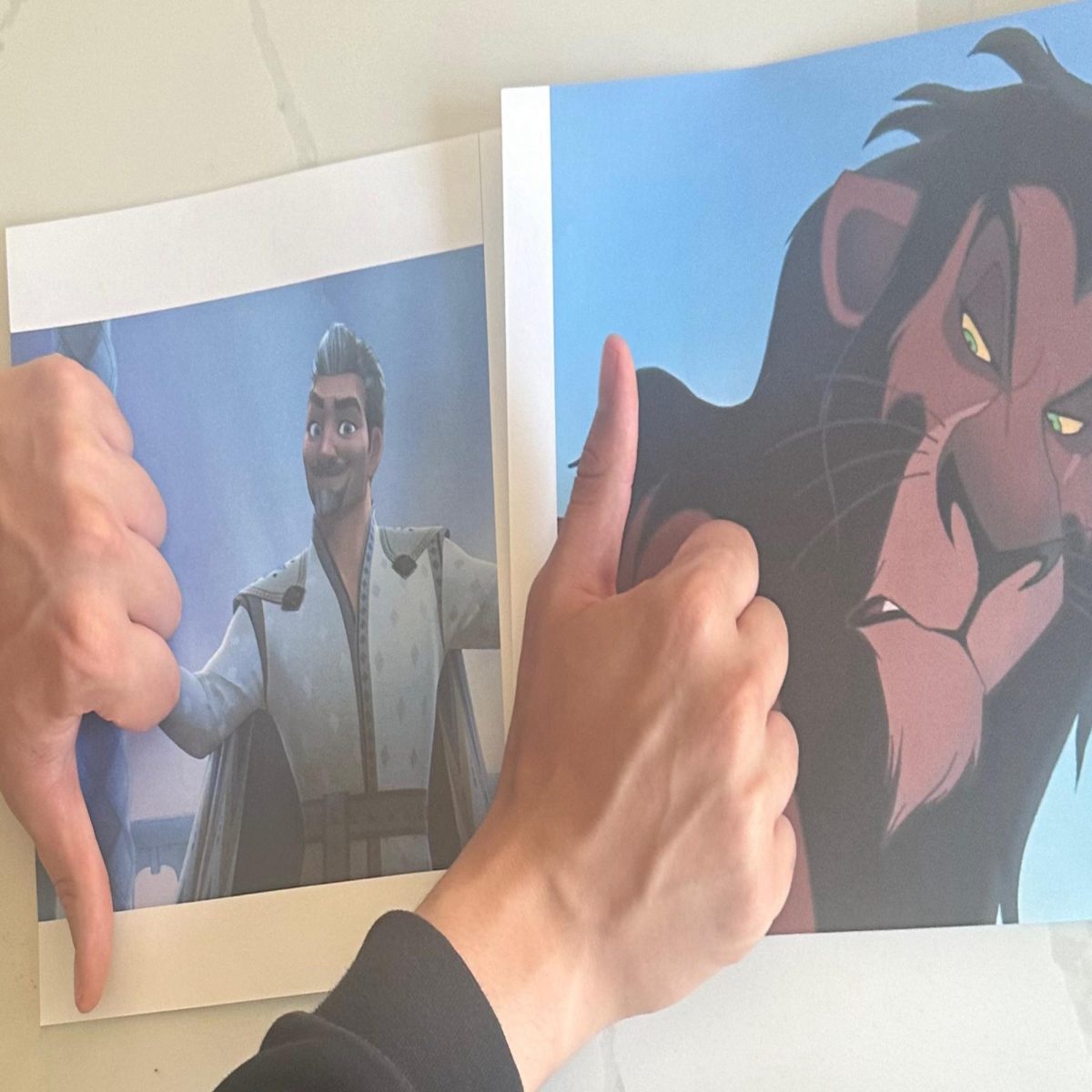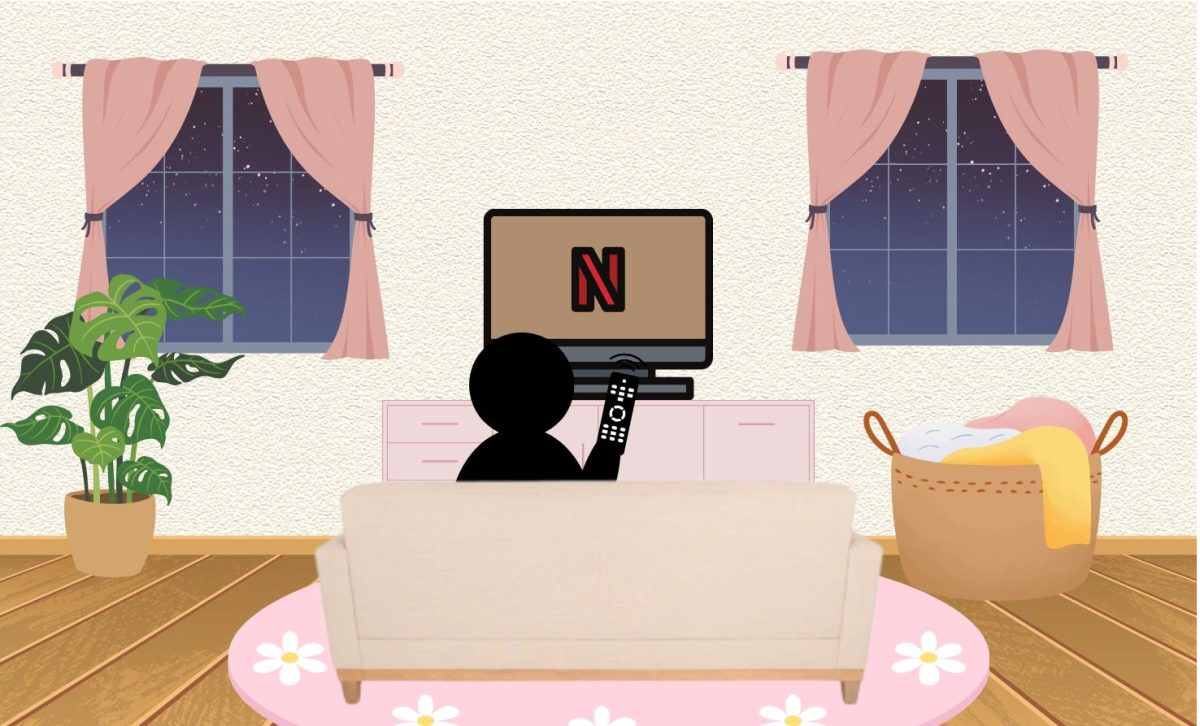Love can make anyone a little delusional. It can drive the most resilient crazy, even if you’re just watching it unfold on the sidelines.
It’s unavoidable. Do you enjoy movies? TV shows? YouTube? Social media? Then you’ve probably come across it at some point. It’s also likely you’ve indulged in it yourself.
While commonly referred to as shipping nowadays, the concept itself has existed for as long as all forms of media have. Taking two or more characters, fictional or real, and picturing them as a couple seems strange at first glance, but the more invested you get into certain aspects of pop culture, the instinct to do so is just natural. Fans simply love to wear rose-colored glasses and believe in the overwhelming power of love. No one can resist a good romance story.
Over the years, shipping has garnered some criticism from those who believe that doing so undermines the original work and characters by trying to rewrite the story and even causing tension among fandoms. However, overall, people have viewed it as harmless as, most of the time, shipping is purely speculative and never goes further than simply gushing and creating fanwork, bringing people together. It’s not as though imagining a romantic relationship between two characters who aren’t canonically attracted to each other affects the entire interpretation of the plot; in fact, it could even be viewed as a separate interpretation of itself. Sure, Sherlock Holmes and John Watson could just be flatmates, but Watson sure does seem to enjoy his partner-in-crime’s company far more than any of his wives. It’s all about utilizing critical thinking skills in order to look at the subtext.
That being said, there have been genuine concerns over shipping being taken too far to the point of people losing touch with reality. Exactly where should the line be drawn? What’s on the table? Debates over whether it’s right to ship certain characters despite their sexual orientation have surfaced occasionally, but the general consensus is again that it’s harmless and doesn’t do anything to the actual story.
On the other hand, what about shipping pairings that would be inappropriate in real life? Can shipping occur between minors? Family members? The character themselves? (Looking at you, Onceler fandom). Since the characters are all fictional, it’s fine as long as it’s hypothetical, right?
One of the most controversial aspects of shipping is whether it’s acceptable to ship real, warm-blooded, human people as well. It’s simple arithmetic; if two actors happen to have great chemistry on-screen, that must mean it should exist off-screen as well, no? Or how about a celebrity friendship that seems so awfully close compared to other people?
With celebrity culture and social media these days making it that much easier to invest ourselves into the lives of people we’ve never met before, there has been a steady rise in parasocial relationships. These are one-sided relationships formed by a person’s dedication to occupying their interest and time towards a person who isn’t even aware of their existence; including fictional characters. This concept is often used to describe the dynamic between a celebrity and their adoring fans, where the fans create this imaginary bond with their idol in order to feel closer to them.
While not inherently unhealthy, it is up to the individual whether it crosses into toxic territory. The issue that arises with parasocial relationships is the tendency to insert oneself into a stranger’s life and act as though they have some kind of say in how that person should act. It doesn’t matter which of Taylor Swift’s boyfriends you think was her true love; she is a grown woman capable of making her own choices. Stop with the shipping wars and rankings; those are real people, too.
Parasocial relationships are often the driving force for ships and explain why fans can get so heated about which pairing is best. This is what makes the thin line between reality and fiction vital because as soon as one crosses into the other, shipping shows real-life consequences.
Shipping real people is a much more complicated topic than shipping fictional characters, where it’s alright to control a character’s emotions and actions. Real people have thoughts and feelings of their own. While celebrities have no control over what others do with their public image, no person could be comfortable living with the fact that complete strangers imagine putting them in all kinds of intimate scenarios, often alongside their coworkers or friends.
The biggest difference between shipping real people from fictional characters is that fans are actually close enough to them that it’s not inconceivable for them to take matters into their own hands and get involved.
Larry Stylinson — a name sure to stop the hearts of thousands of fans on cue. This was the real-life ship of the early 2010s. The official ship name refers to the relationship of former One Direction members Harry Styles and Louis Thomlinson. “Larries,” as they prefer to call themselves, saw a little more than friendship between these two bandmates. The craze of this ship went so far that rumors were constantly flying around that the two men were, indeed, romantically involved.
The lowest point was when fans would start to deny the existence of Louis’s son or even claim that he was not the biological father. It was common for partners of either Harry or Louis to be spammed with hate on their social media for getting in the way of their “true love.” Louis Thomlinson eventually had to come out and say that he felt uncomfortable by these “childish” allegations and ask fans to stop — more than once.
This is the dark truth about real-life shipping. Too far, and it leads to sexual harassment, stalking and harm to loved ones. Some celebrities might be a good sport about it, but even when so much of their lives are public, they’re still entitled to set their boundaries. And yet, there is still little caution among fans when proceeding to ship real people.
Since K-pop groups are often encouraged to become close by being housed together or participating in fun reality shows, it is easy to pair group members together after seeing their chemistry. Idol shipping culture is so common that it has just become the norm for K-pop idols to act lovey-dovey for the sake of fanservice as a marketing tool for the company. We have officially reached an age where people can capitalize on love and romance sponsored by delusions.
There is a person behind that screen. They may consent to selling their image, but not themselves. Sure, chances are, they’ll never read about that one fanfiction you posted on Ao3 back in junior high or that fan edit on Tumblr, shipping them with their best friend, but they’ve certainly heard about the hundreds of others just like it. To see others exploit your face and/or body (written or otherwise) to suit their desires is on the brink of invading privacy.
That isn’t to say that real-people shipping shouldn’t be allowed. Shipping has always been a way for people to express their own sexual explorations and navigate their personal preferences. Not only is it normal, it’s a healthy outlet. But even in an environment as free-reigned as the Internet, there has to be some code of ethics followed, taking precautions in order to prevent things from being taken too far.
There’s no point in arguing about which celebrity should be with whom, insisting on which couple has to break up, wondering about their sex lives, and speculating who secretly has feelings for the other; that isn’t our place. We shouldn’t pressure or urge others about who they should pursue romantically just because we personally think they have chemistry. If it happens, it happens; if it doesn’t, just keep it for the fanfiction.

































